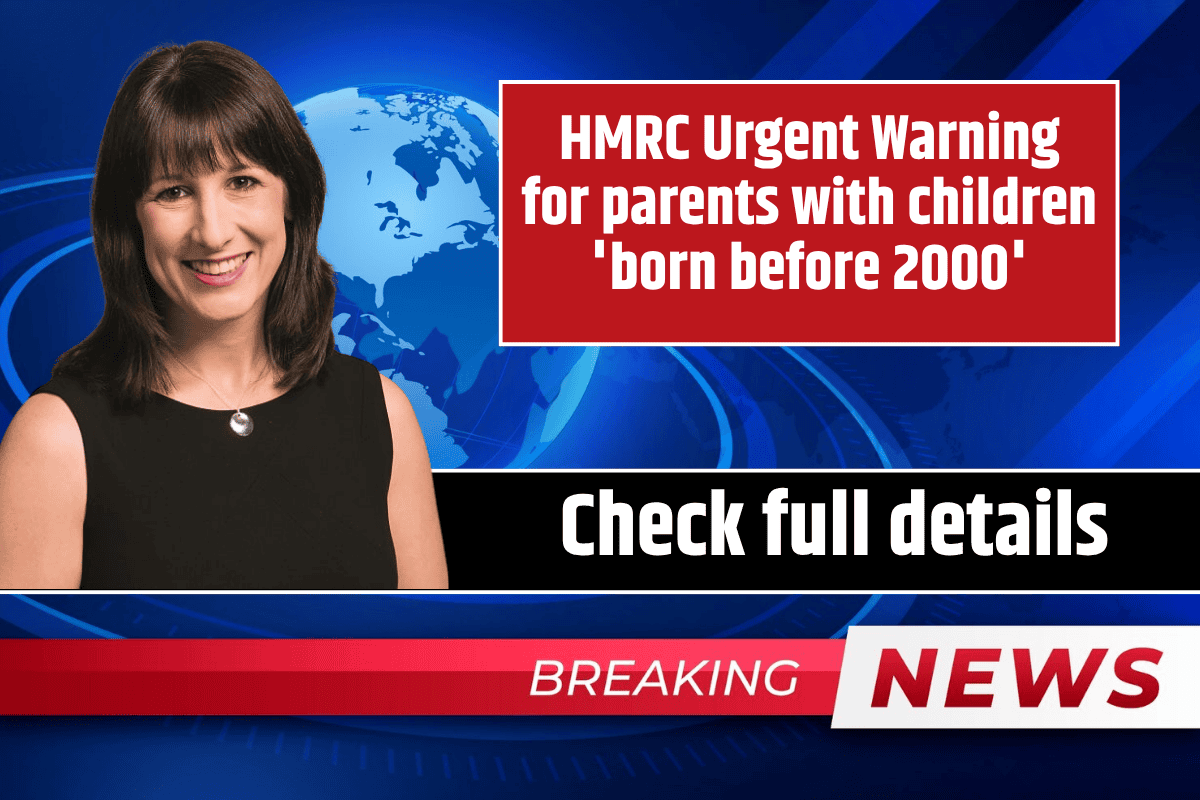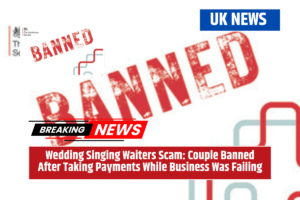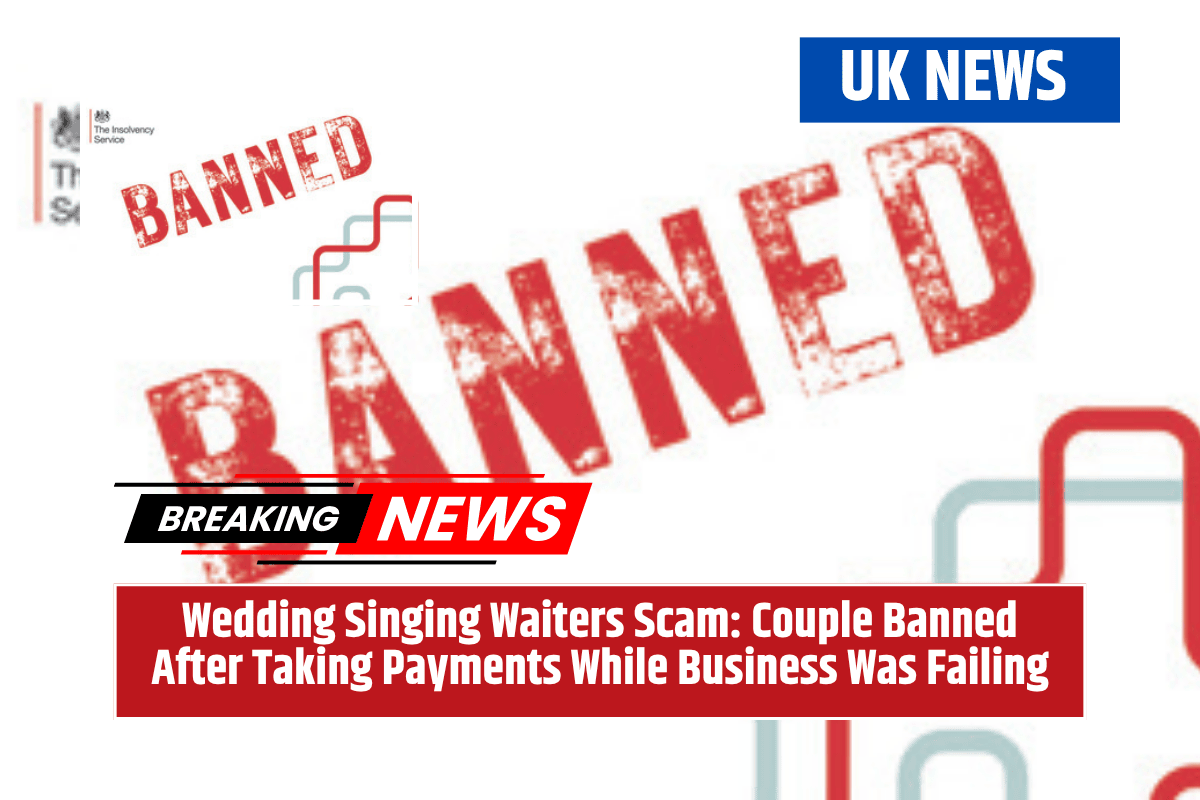If you became a parent before the year 2000, you might be missing out on important State Pension payments, according to HMRC. The UK’s tax authority is now contacting thousands of parents to alert them about this issue, especially those who may have missing Home Responsibilities Protection (HRP) records.
What Is Home Responsibilities Protection (HRP)?
HRP was a system used between 1978 and 2010 to protect the State Pension rights of people—mainly parents or carers—who couldn’t work full-time because they were caring for someone. It worked by giving National Insurance (NI) credits, which helped build up your pension entitlement.
Who Is Affected?
If you were a parent before May 2000, you might have missing HRP records, especially if:
- You claimed Child Benefit but your National Insurance number wasn’t registered properly with the Child Benefit Office.
- Your partner claimed Child Benefit, and you were the one mainly caring for the child.
- You received Income Support while caring for someone who was sick or disabled.
These situations could mean your National Insurance record is incomplete, which can reduce the amount of State Pension you get.
What HMRC Is Saying
HMRC posted on X (formerly Twitter):
“If you became a parent before May 2000, you may have Home Responsibilities Protection (HRP) missing from your National Insurance record. This could mean you’re missing out on State Pension payments.”
This is a serious issue because your State Pension is based on your National Insurance history. Missing even a few years could affect how much money you get in retirement.
How You Could Still Qualify
Even if you didn’t get HRP at the time, you might still qualify for certain tax years from April 1978 to April 2010 if:
- You were caring for a child under 16
- Your partner claimed Child Benefit, but you were the main carer
- You were getting Income Support while caring for a disabled or ill person
- You were a carer for someone receiving specific benefits
In some special cases, it may even be possible to inherit HRP credits from a partner, especially if your partner doesn’t need them for their pension.
These inherited HRP years can be turned into National Insurance credits, which will help increase your State Pension amount.
However, there’s a catch: If you reached State Pension age before April 6, 2008, you cannot transfer HRP from a partner.
What Should You Do?
If you think this applies to you, visit the official GOV.UK website and check your National Insurance record. You can also call HMRC or the Pension Service for guidance. It’s very important to fix any missing HRP years to avoid losing out on money in your retirement.
Many parents who raised children before 2000 could be missing thousands of pounds in pension payments without even knowing it. HMRC is now helping people correct their records, but it’s your responsibility to check and apply. If you cared for a child or someone sick between 1978 and 2010, you might qualify for HRP and should not delay. Getting this sorted could make a real difference to your financial future during retirement.
FAQs
What is Home Responsibilities Protection (HRP)?
HRP was used from 1978 to 2010 to help protect State Pension rights for people caring for children or sick family members. It added National Insurance credits to your record.
Who needs to check for missing HRP records?
Anyone who became a parent before May 2000 should check if their HRP was added correctly. Missing records can lower your pension.
Can I inherit HRP from my partner?
Yes, in some cases you can inherit HRP credits from a partner if they do not need them and you were sharing care duties. This only applies for pension ages after April 6, 2008.
How do I check my National Insurance record?
You can check your NI record online at GOV.UK or contact HMRC directly. This will show if you have any missing years due to HRP.
Why is this important for my State Pension?
Your State Pension depends on your National Insurance history. Missing HRP years could mean receiving less money when you retire.

















